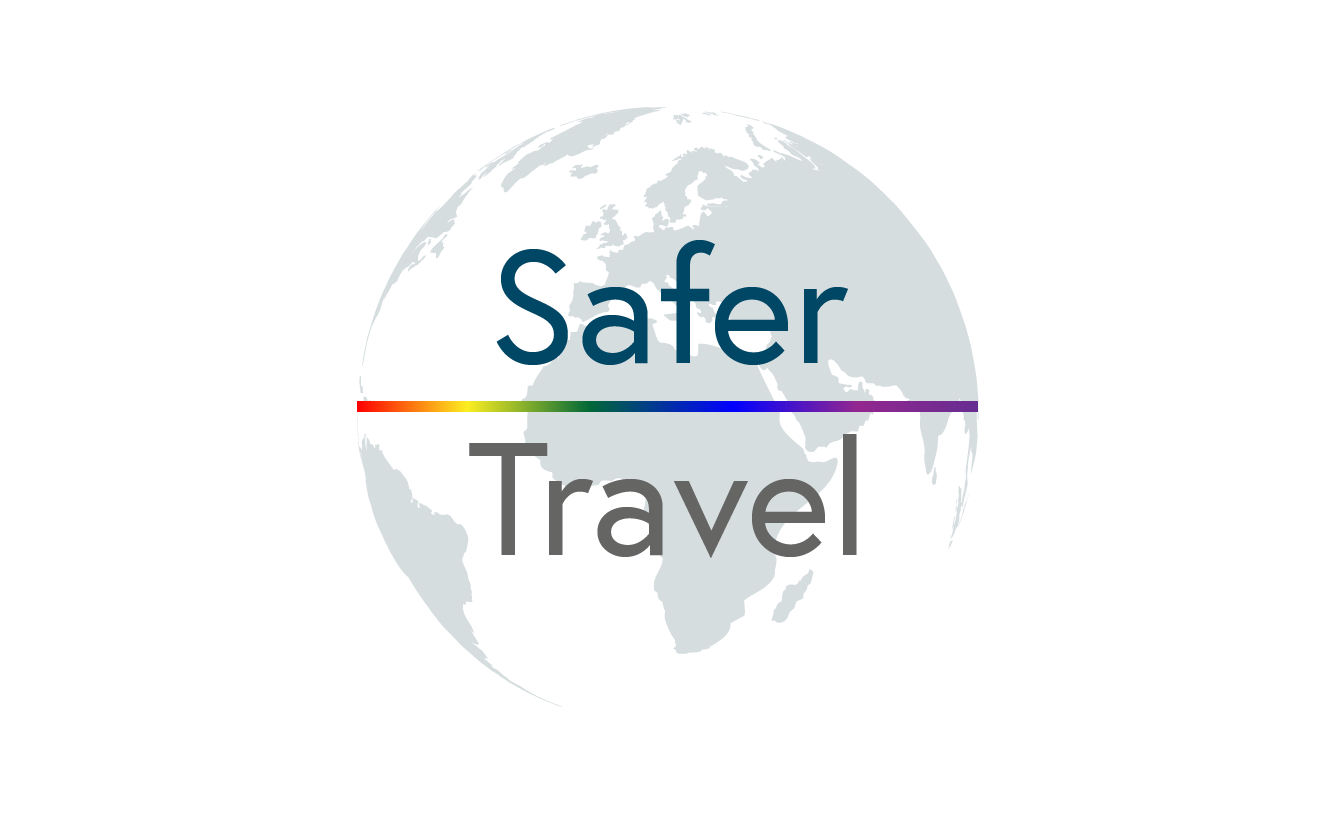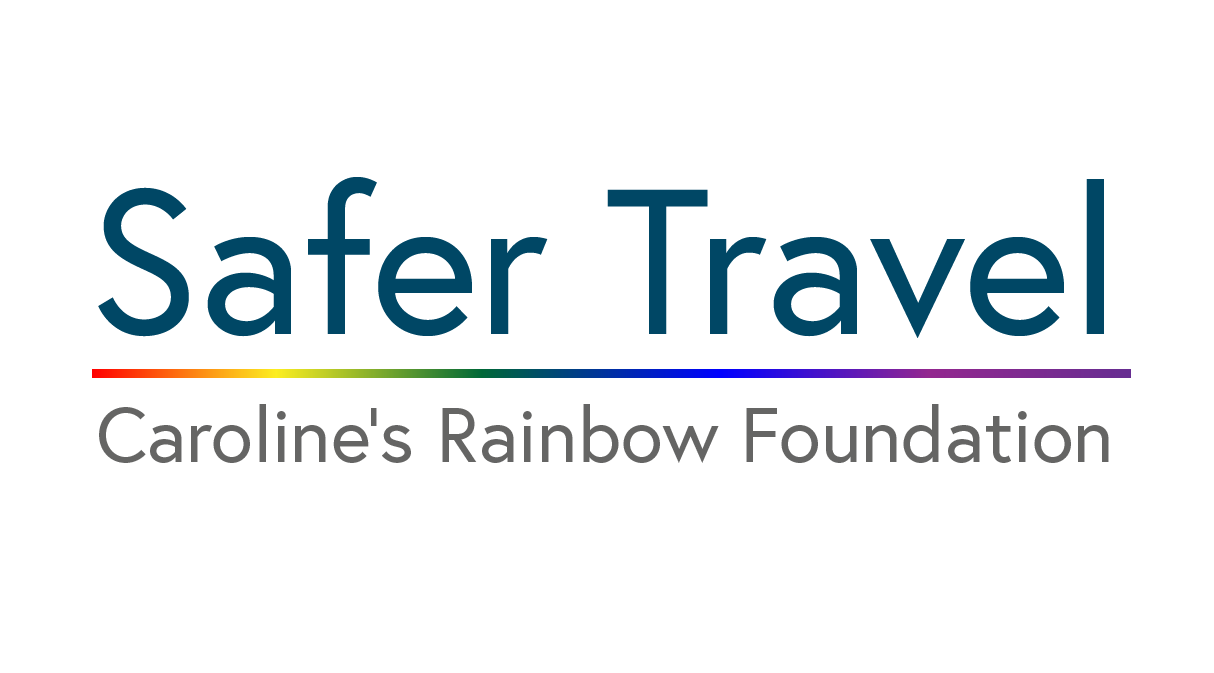At the beach: The beach is a wonderful place to pass the time in Australia, and the areas are well equipped, often with bbq’s, life-saving facilities, many free car parks (outside city areas), pools, showers, and amenities. However, it is also one of the most dangerous for travellers who do not heed warnings.
Flooding happens very quickly in Australia, (especially in the Summer months). Being a tropical/sub-tropical climate, the rains are much heavier than experienced in Europe. Never venture across a flooded road, as people have died being swept away in vehicles, and the same applies to wandering through them. There are huge storm drains, into which people have been swept and killed. If you are intending to cross desert areas, check that you are choosing the best season for your journey, and have an appropriate 4wd vehicle.
If you get caught in a “rip tide” keep calm, and attract attention. If you have a board with you, stay on it. You can follow two different guidelines.
1) Attract attention and float with the current. They sometimes move in circular fashions, and may bring you back to your starting point. Meantime a lifeguard should have spotted you.
2) If possible, swim out of the rip current (but do not panic). Swim parallel to the beach towards breaking waves.
Jellyfish: Nov-March is “stinger” season in most tropical areas of Australia. Swim between the red/yellow flags, read signs before entering the water, and wear a full body lycra suit, during this period. If you do get stung, alert local coastguards, pour vinegar onto the affected area, and call triple 000 for an ambulance, if you have been stung by a “box jellyfish” or “Irukandji”.
Major safety issues are more relevant at night: – avoid anyone arguing, or who looks as if they are under the influence of drugs/alcohol. Avoid badly lit streets and remote train stations at night. If you need to catch a train, arrive as close to the arrival time as possible, and sit near the guard’s van or driver’s cab. Always travel in groups where possible, and be careful along quiet beach areas, boardwalks, during day and night (usually very safe, but if you are on your own you are more likely to attract a crime or assault of opportunity – i.e not necessarily pre-meditated.
Most trips to Australia offer a wonderful experience without any incidents. However, it is a huge country with such different climates, so planning is strongly advised to get the best from the trip.
Petrol stations become more remote in the outback, and again, it is important to know how much fuel your car can hold, and where you should fill it up, to avoid breaking down in the middle of nowhere.
Wear a hat, sunglasses and sun cream, to protect from the high levels of UV, even on a cloudy day. It also protects from mosquitoes, which can carry the nasty Ross River virus and Dengue Fever.
Weather: Storms and Cyclones: Check for weather warnings on the meteorological website, and follow warnings there.
When you stop at a National Park, or similar area, hide any valuables, as being remote, these are often where most people find they have things stolen from their cars.

